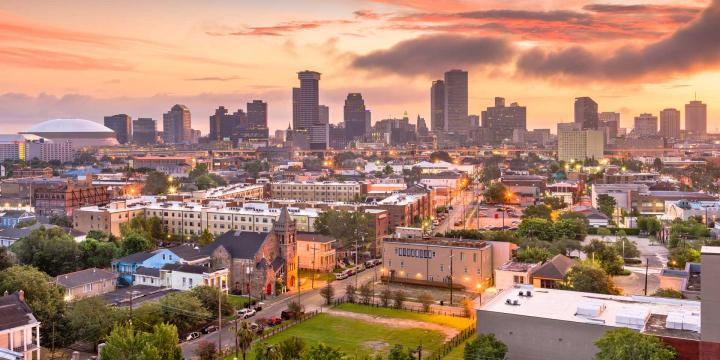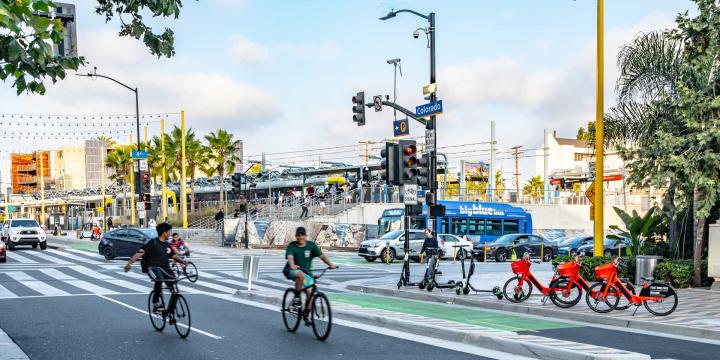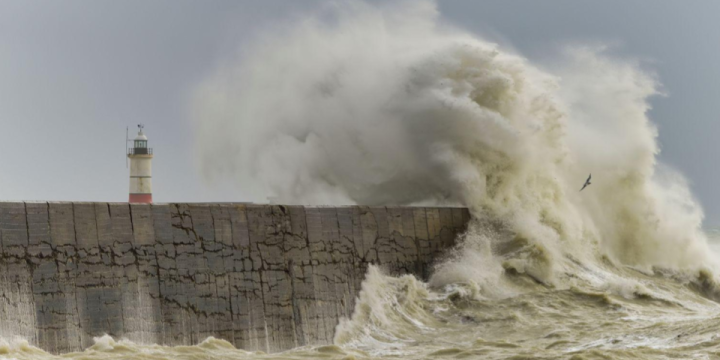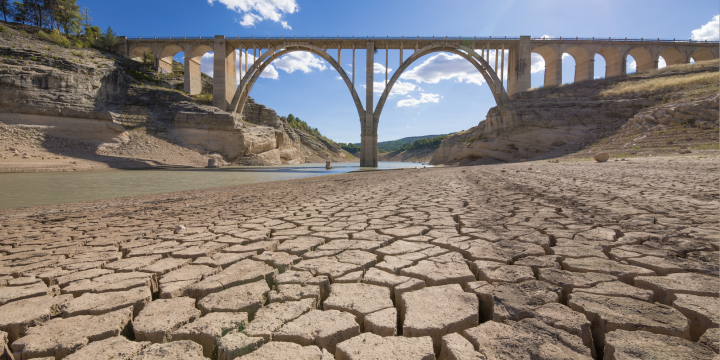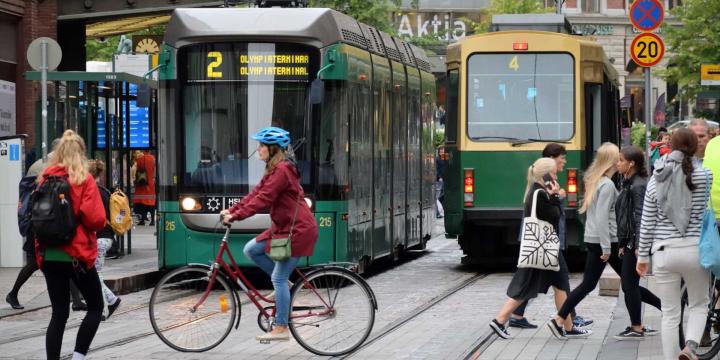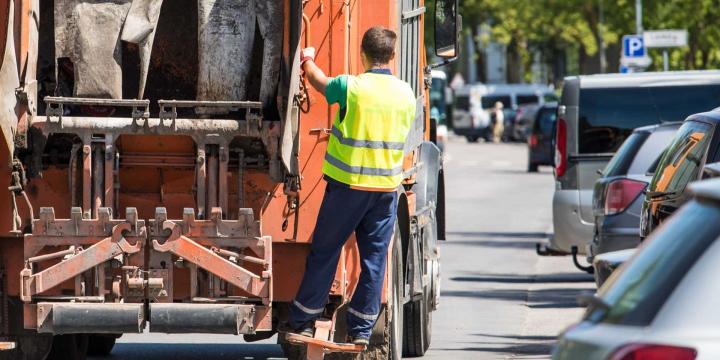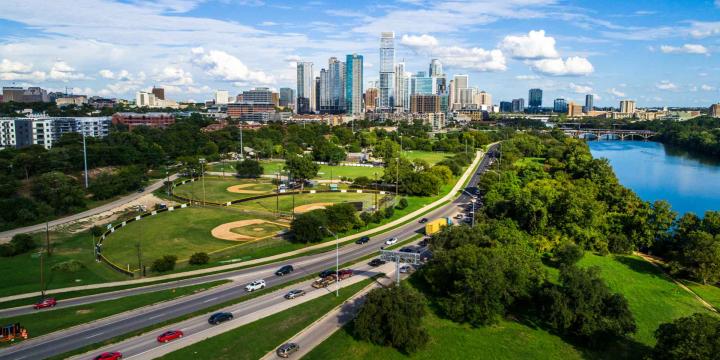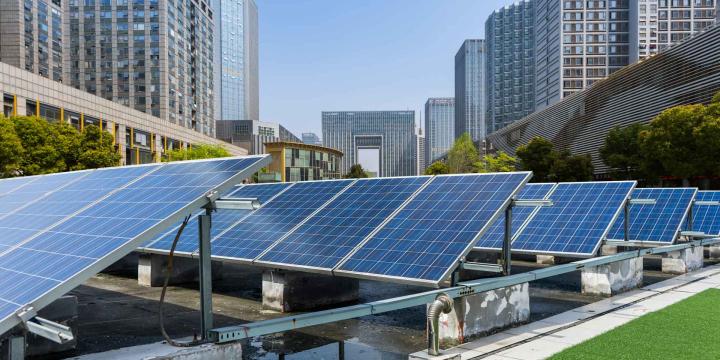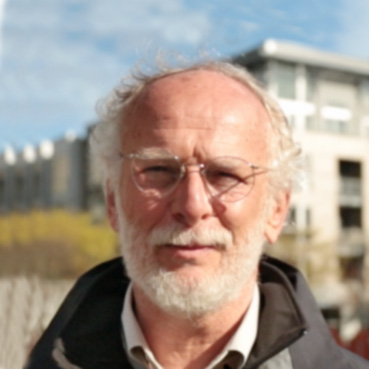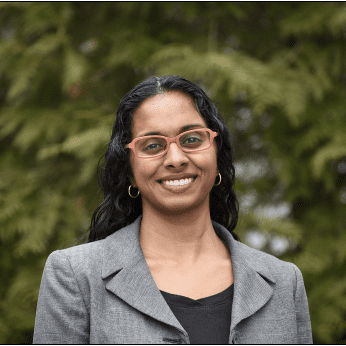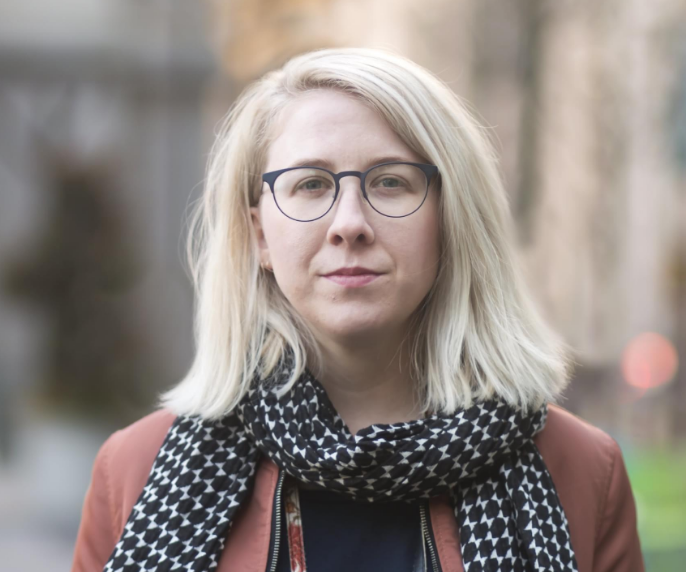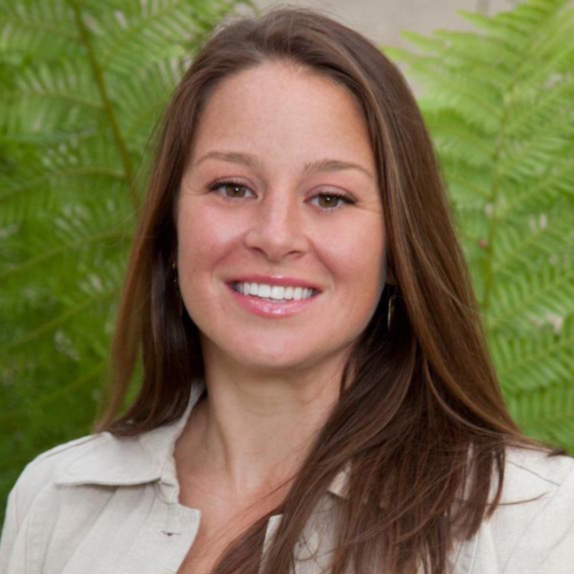All Environmental Planning Courses
Resilience Planning for Heat and Drought Events
Learn how cities can prepare their infrastructure and social services for heat waves and droughts in a warming world.
Resilience Planning for Coastal Hazards
Across the world, sea levels are rising and storm surge events are intensifying, while development is increasing in vulnerable coastal areas and groundwater depletion is causing land to sink. Urban planners are uniquely positioned to join the battle against rising seas.
Green Infrastructure
This course defines green infrastructure, highlights its types and benefits, discusses monetary valuation and financing, and explores its role in addressing climate change, equity, and technological change.
Landscape Design for Social Sustainability, Part 2
Continue exploring how designers can create built environments that foster vibrant, engaged communities through contemporary theories and case study examples around social sustainability in landscape design.
Landscape Design for Social Sustainability, Part 1
Discover how and why the built environment succeeds or fails at supporting thriving, diverse communities, and how designers can create mechanisms that allow communities to enjoy and improve their environments to suit their needs and desires.
Planning Commissioner Training
The new "Planning Commissioner Training" series offers citizen planners a chance to learn the tools to make a positive impact in their communities (available as a separate subscription).
History of U.S. Landscape Architecture, Part 2
Picking up in 1970, this course explores how the role and uses of public parks changed and how the role of the landscape architect expanded to that of advocate, facilitator, and teacher in the late 20th century and the era of climate change.
History of U.S. Landscape Architecture, Part 1
Kristin Faurest explores the history of the profession of landscape architecture from its origins through the 1960s, providing a vibrant global context of how humankind has shaped its landscape over the ages.
E-Waste: A Growing Concern in Waste Management
Understand the alarming growth of electronic waste and its massive impact on the waste stream, explore innovative approaches used by communities to combat this crisis, and discover the far-reaching consequences of mishandling electronic waste.
Crime Prevention Through Environmental Design
This course discusses crime as an environmental justice issue and reviews techniques that successfully reduce crime and make communities safer and healthier through Crime Prevention Through Environmental Design (CPTED) theory.
Lighting Regulations and Dark Sky Places
Learn best practices for crafting lighting regulations and dark sky designations that protect night skies and improve environmental and public health.
Introduction to Lighting and Light Pollution
Discover the history and impact of light pollution on human health, the environment, wildlife, ecosystems, and the night sky.
Traffic Congestion, Part Two: Congestion Pricing
Dive into congestion pricing: what it is, why it could work, and how governments might implement it.
Methods for Neighborhood Scale Revitalization
This course presents a rigorous but adaptable methodology that builds on the strengths of neighborhoods to develop customized approaches for addressing challenges that directly respond to the needs and vision of each neighborhood.
Women and Cities 5: The Feminist Future City
This final chapter speculates on what a feminist city could look like, recalling case studies and ancient examples that include contemporary contexts but also consider future needs for a more heart-centered city designed for everyone.
Women and Cities 4: Gender Equity in the Public Sphere
This course will outline the way in which women have occupied public spaces and the transition into a greater level of visibility for women in cities.
Wasted Urban Opportunities
This course delves into the importance of the circular economy for urban areas and its implications for creative entrepreneurship in the private and nonprofit sectors.
Understanding Sanitation Work
This course provides an introduction to sanitation workers, the history of sanitation work, ongoing challenges in the field, and present-day issues facing sanitation workers.
Resilience Planning for Floods
This course builds on the "Introduction to Resilience Planning" course and uses the approach presented there as the framework for addressing flood threats in communities.
Resilience Planning for Wildfires
This course explores the history of wildfire management, the factors that increase the threat of wildfires, and how communities can incorporate resilience thinking to plan for wildfires.
Introduction to Resilience Planning
This course introduces key concepts of resilience planning and explains how to incorporate resilience planning in communities.


